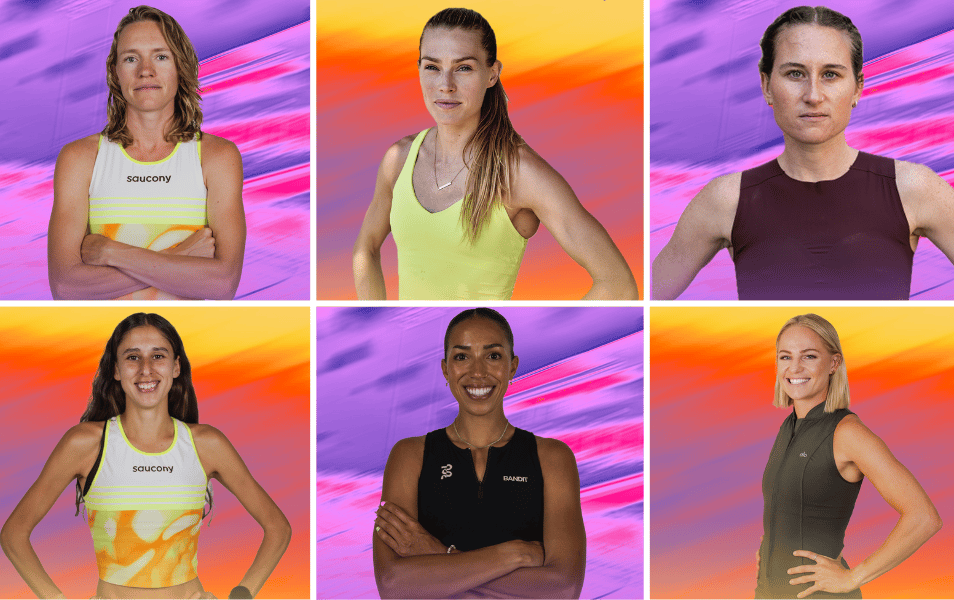This story first appeared in Footprint, a biweekly newsletter about running. Sign up here to read more
• • •
When Katie Camarena got out of college, hoping to kickstart a professional running career, she had one sponsorship offer on the table: move across the country, and train with an elite team, on limited pay. She declined.
Pro teams are where so many of the world’s brightest runners go to become the best, using top coaches, healthcare experts, and cutting edge equipment and facilities. A single sportswear giant often foots the bill – and calls the shots.
“There’s so much power in the teams,” according to pro runner Annie Rodenfels, who said there can be a lack of flexibility and freedom. “It can be difficult to be told what to do, and when, and where.”
It can feel like a “very controlled environment” for athletes, she said, “which is tough place to be when you’re trying to forge your life away from the sport.”
Rodenfels and Camarena are founding members of Meridia, a new athlete-owned pro track team based in Boulder, Colorado.
Rather than hand the reins to one shoe or apparel sponsor, they hope to strike a collection of brand partnerships outside the running space, and prioritize athletes’ independence, letting them choose their coaches, find their own sportswear sponsors, and train where they want.
“Just because noone else does it doesn’t mean that we can’t,” said Camarena, now sponsored individually by Saucony. “People are excited to see a group of six women going out on their own and trying to start something new.”
Other athletes might have previously worried about “joining something that’s never been done before and might fail,” she added. “I feel like that’s something Colleen doesn’t have.”
Meridia is the brainchild of Colleen Quigley, an Olympian who competed in the 3000m steeplechase at Rio 2016. Juli Benson, her coach, is advising the venture. “Change is hard,” said Quigley. “People have a hard time doing things differently.”
Quigley says she’s only had a handful of conversations with people who don’t get what she’s attempting to build. Some people “think it has to be a certain way because it’s always been that way,” she said, and refuse to consider “how it could be, how we could serve athletes and brands better doing it differently.”
But athletes get it, she stressed. Many of them – and many of their fans – want changes at the top of the sport.
Quigley, sponsored by Lululemon and previously by Nike, saw a recent move by the latter – which overhauled its professional coaching network to launch Swoosh TC earlier this year – as “recognition that what they were doing wasn’t really serving them, or the athletes,” she said. “So they’re willing to try something different, too.”
Meridia is in talks with possible sponsors, and hopes to reach deals with “non-endemic” brands that don’t usually sponsor teams or athletes. The pitch is clear: ahead of the LA 2028 Olympics, put your brand in front of track and field’s passionate fanbase, via a team set up to tell it compelling stories.
Two brand partners on board a year from now “would be pretty amazing,” said Quigley. “We’re three weeks in, so we’ll see if that vision pans out.”
In the meantime, Meridia is a self-funded enterprise, and the team is seeking support. Its founders are organizing a virtual Meridia Mile on August 9th to raise money, and plan to start selling merchandise soon.
“Being in control of everything is awesome,” said Rodenfels. “To feel for once that you’re the one making all the decisions, and get to decide what all this looks like, feels super empowering.”
• • •
This story was first published in Footprint Edition #21
